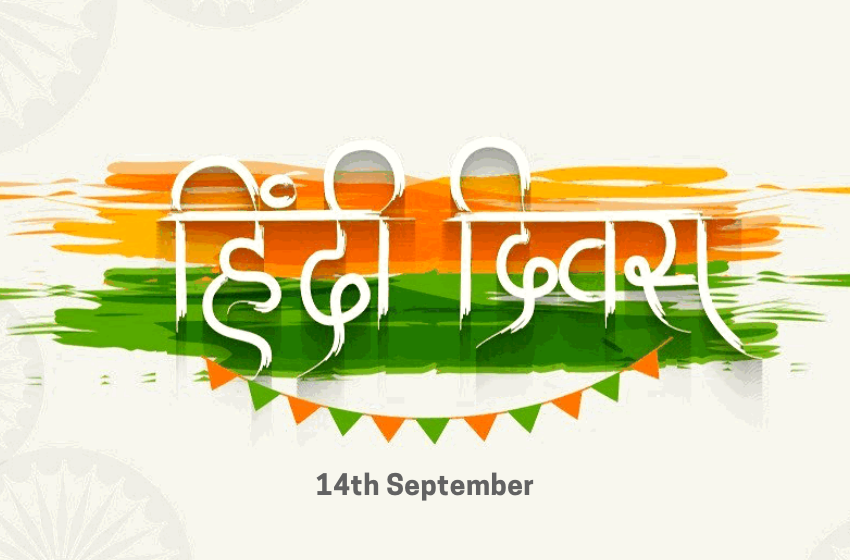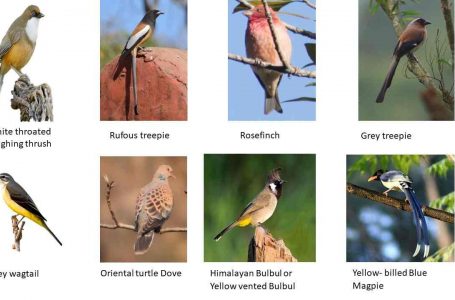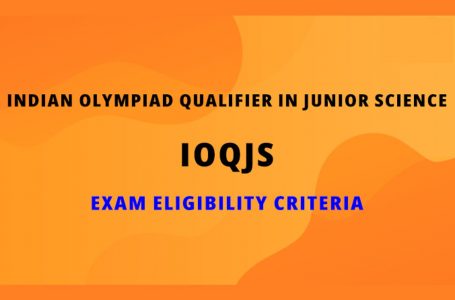Hindi Diwas: Why Hindi Diwas is celebrated on 14th September, know history

National Hindi Diwas or Hindi Day is commemorated on 14th September every year in India. 14th September 1949 onwards, it is celebrated to mark the adaptation of Hindi as the official language by the Constituent Assembly. On 26 January 1950, it became a part of the Indian constitution. In India, the first National Hindi Diwas was celebrated in the year 1953. Jawaharlal Nehru, the first Prime Minister of India decided to celebrate Hindi Diwas on September 14.
The Hindi Language is an Indo-Aryan language that is written in the Devanagari script. Hindi is the fourth most spoken language around the world after English, Spanish, and Mandarin. The Hindi language is one of the most extensively spoken languages in India, that why most Indians celebrating the language as their mother tongue.
Table of Contents
Why is Hindi Diwas Celebrated?
Now, both Hindi and English have been declared as the official languages of India. Though, the inclination towards English is much higher among the Indians. A person who is fluent in English is given more respect while someone who doesn’t know it and uses the Hindi language to communicate is looked down upon. Disparaging our mother tongue and the people who use it is a matter of shame for us.
Hindi Diwas reminds us that Hindi is our main language. Hindi is our mother tongue and it is our official language also. It is rooted in our culture and thus it defines us. The importance of the Hindi language is emphasized through the several events organized to celebrate Hindi Diwas.
The Significance of Hindi Diwas
The Hindi language is an essential part of our culture that connects us to our roots. Now, when the young generation is fascinated by western culture and acknowledges English as a status symbol, Hindi Diwas is a way to remind them as to where they belong. It doesn’t mean that they should not learn or use English. It is practically not possible because English is also our official language and is used globally. Without the knowledge of the English language, it is difficult to survive nowadays. But, it is very sad that we Indians have started giving more importance to English and often tend to lower or disrespect our mother tongue, Hindi.
Importance of Celebrating Hindi Diwas
Hindi Diwas is celebrated to show the beauty of the Hindi language. And it also reminds us of its rich past. The younger generations must be reminded of the importance of the Hindi language. This is the reason why most schools and educational institutes in India organize special events to celebrate this day. Various activities are organized on the occasion of Hindi Diwas to emphasize the importance and richness of Hindi.
The Richness of Hindi Language
It is observed that Hindi is the fourth widely used language around the world. Hindi is not only used in India but is also used by people belonging to many other Asian countries including Mauritius, Nepal, Guyana, Fiji, Suriname, and Pakistan. Many Hindi words are used worldwide are mistaken to be from the English language. Some of these include karma, jungle, and guru. Hindi is one of the languages that have the ability to write every sound in the world.
How is it celebrated?
Like other festivals in our country, Hindi Diwas is also celebrated with a whole lot of zeal and enthusiasm by the people of India. Hindi Diwas is celebrated first and foremost in Delhi and witnesses several literary activities well as celebrations to commemorate this important day.
Conclusion
Hindi Diwas celebration encourages us to value the Hindi language and inspires a love for it. The Hindi Language is rooted in our culture and every Indian must respect it. One who does not respect their culture and roots that cannot succeed in life. Hindi Diwas celebration is a great way to bring the citizens of India closer to the Hindi language as well as the rich Indian culture.





